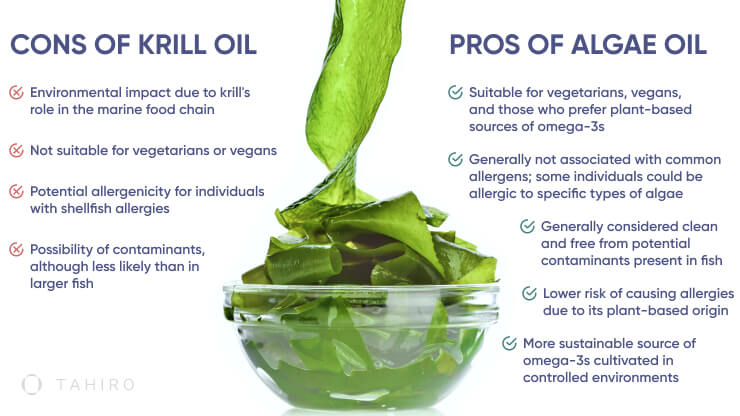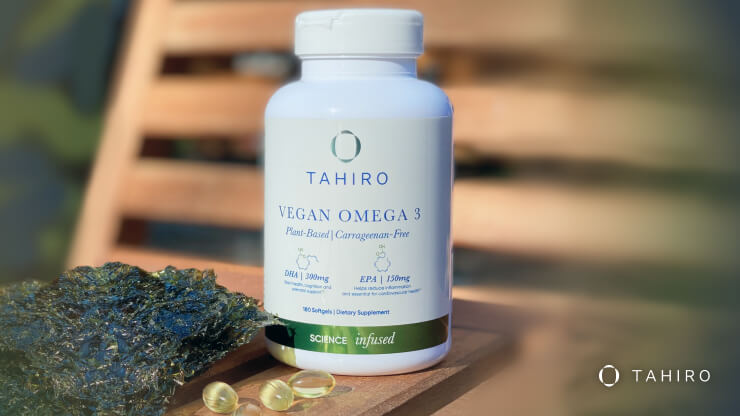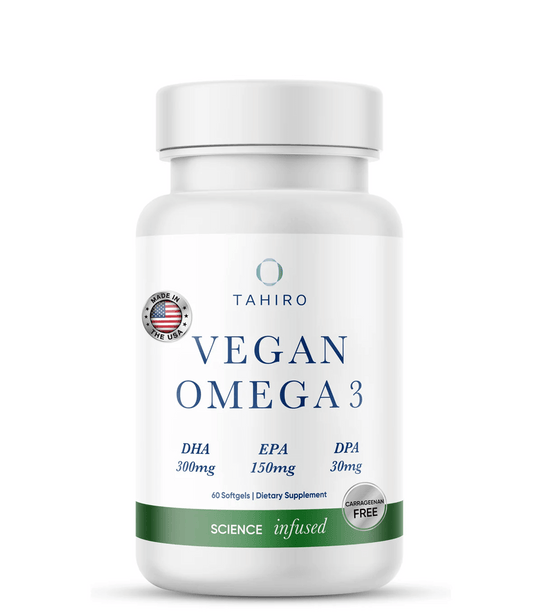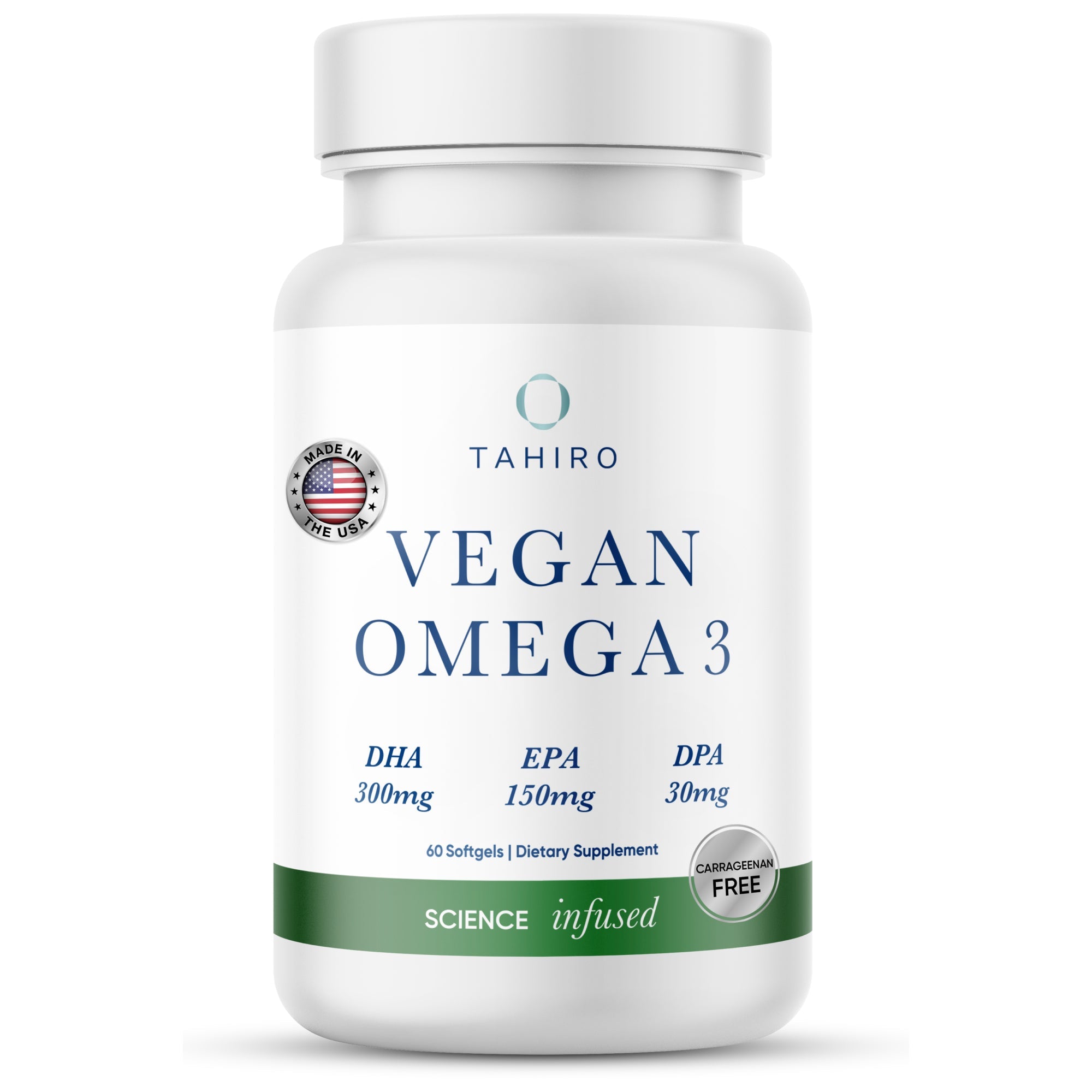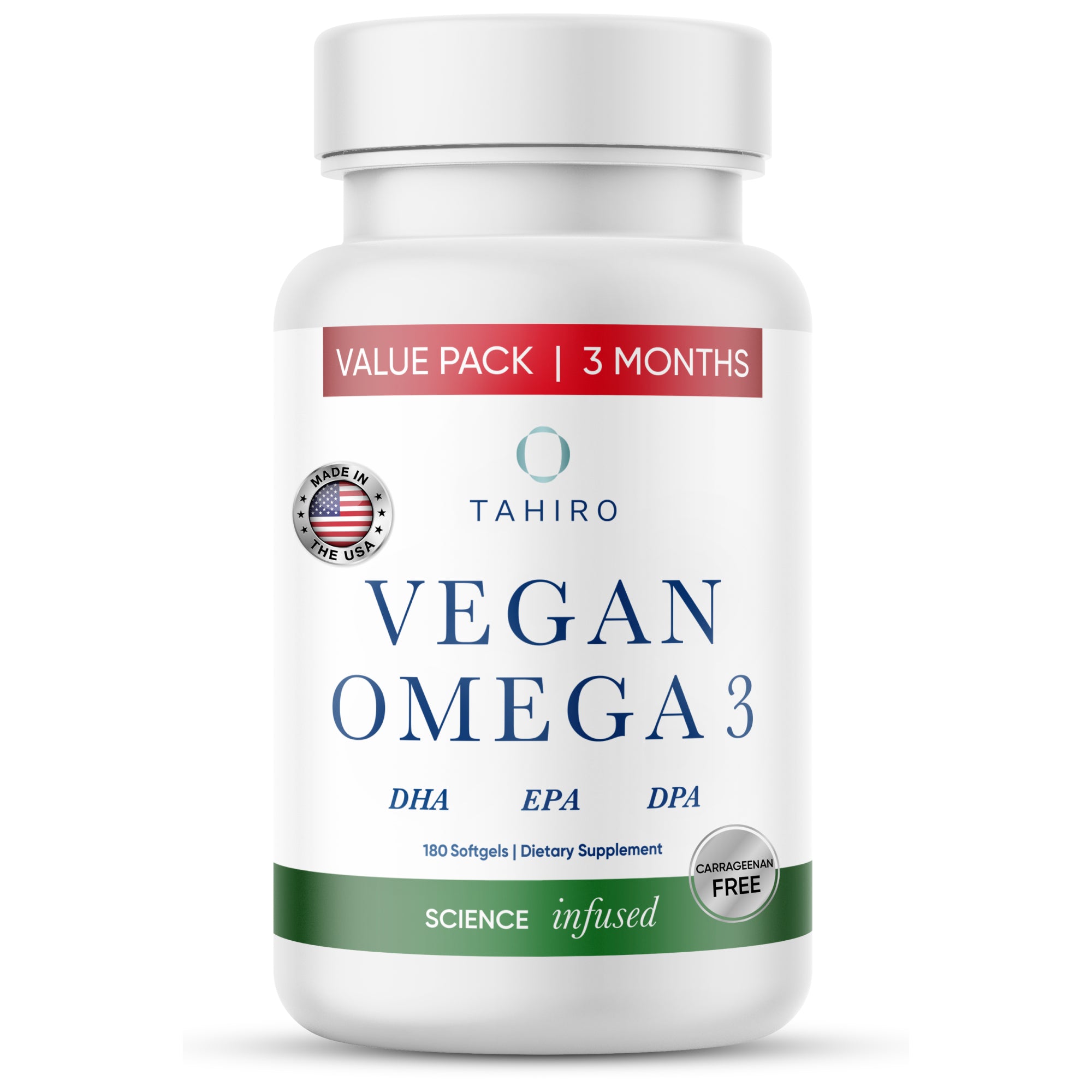Maintaining good health is a full-time job complicated by choices, conflicting information, and little guidance. Brain health, including Alzheimer’s and other dementias, continue to dominate discussions about care and cost. There is no current treatment for Alzheimer’s or dementia. But researchers are discovering the power and promise of natural substances around us. Much more research is needed but the potential of Omega-3, Algae oil, hemp oil, and CBD offer hope for prevention and treatment of a wide range of mental and physical diseases.
What is krill oil?
You likely have heard of algae, but Krill oil may be new. Krill oil is a potent derivative of sea crustaceans, and algae come from freshwater lakes and aquaculture ponds. Both contain Omega-3 fatty acids,docosahexaenoic acid (DHA), and eicosapentaenoic acid (EPA). Omega-3 fatty acids have been widely studied for their health benefits ranging from heart health to cognitive function and cancer protection. We will review these beneficial natural substances and the significance of their impact on your brain and physical health.
Health benefits of krill oil
Krill oil has multiple health benefits, and continued research will provide additional support and information about the value of krill oil.
-
Heart Health: Krill oil may help reduce inflammation and is a good source of omega-3 fatty acids 1. Omega-3 fatty acids help lower triglyceride levels and reduce the risk of heart disease by improving overall cardiovascular health.
-
Brain Health: Omega-3s, especially DHA, are essential for brain development and maintenance. They may help support cognitive function and reduce the risk of cognitive decline.
-
Joint Health: Krill oil's anti-inflammatory properties 2 could help alleviate joint pain and stiffness associated with arthritis.
-
Cholesterol Levels: Some research suggests that krill oil may help improve the balance of good and bad cholesterol levels in the body.
-
Skin Health: Omega-3 fatty acids contribute to healthy skin by maintaining its elasticity and moisture. Omega-3 is also being studied for its wound healing and skin disease treatment. 3
-
Cognitive Health: Krill oil has a high content of omega-3 fatty acids, antioxidants, and choline. Choline is a nutrient essential for healthy brain development and function. Krill oil also has eicosapentaenoic acid (EPA) and docosahexaenoic acid (DHA), which have been found to have a neuroprotective effect on the brain. 4
Side Effects of Krill Oil
Krill oil is considered safe for most people when taken in appropriate doses and monitored for any potential side effects. 5 Here are some possible side effects of krill oil:
-
Allergic Reactions: Some individuals may be allergic to krill or shellfish, which can cause symptoms like itching and skin rashes. More severe reactions could be difficulty breathing and anaphylaxis.
-
Digestive Issues: Some people might experience gastrointestinal discomfort such as indigestion, bloating, gas, or diarrhea when taking krill oil. These symptoms are usually mild and tend to subside over time.
-
Blood Thinning: Omega-3 fatty acids in krill oil have blood-thinning properties,6 which can be beneficial for heart health but might pose a risk for individuals who are already taking blood-thinning medications (like warfarin) or have bleeding disorders.
-
Elevated Blood Sugar Levels: Krill oil might influence blood sugar levels. Individuals with diabetes or those at risk of developing diabetes should monitor their blood sugar levels if considering krill oil supplementation.
What is Algae Oil?
Algae oil is derived from various algae species, which are simple aquatic plants that use photosynthesis to convert sunlight into energy. Algae are rich in multiple nutrients, including omega-3 fatty acids essential for human health. Algae oil is particularly known for being a plant-based source of omega-3 fatty acids, such as eicosapentaenoic acid (EPA) and docosahexaenoic acid (DHA) traditionally associated with fish oil.
Health benefits of algae oil
Many of the benefits of algae oil are attributed to Omega-3 fatty acids, DHA and EPA.
-
Heart Health: Omega-3 fatty acids found in algae oil have been shown to support cardiovascular health by reducing triglyceride levels and reducing inflammation.Some studies suggest that omega-3 supplementation, including algae oil, can reduce heart disease risk and improve overall heart function. 7
-
Brain Health and Cognitive Function: DHA, a type of omega-3 fatty acid in algae oil, is a key component of brain tissue and is essential for cognitive development and function. Research suggests that DHA can improve cognitive performance and reduce cognitive decline.
-
Inflammation Reduction: Omega-3 fatty acids, and DHA from algae oil, possess anti-inflammatory properties 9 that can help mitigate chronic inflammation in the body. Chronic inflammation is linked to health issues, such as cardiovascular diseases, arthritis, and certain autoimmune disorders.
-
Eye Health: DHA is also a major structural component of the retina. Algae oil consumption, particularly its DHA content, may contribute to maintaining healthy vision and reducing the risk of macular degeneration (AMD) and other eye conditions.
Side effects of algae oil
Algae oil are generally considered safe for most people. However, as with any supplement, there is a possibility of experiencing side effects, although they tend to be relatively mild and infrequent. Here are some potential side effects of algae oil:
-
Gastrointestinal Distress: Some individuals may experience mild gastrointestinal discomfort, such as indigestion, bloating, gas, or diarrhea, when taking algae oil supplements.
-
Allergic Reactions: While algae oil is not a common allergen, some individuals could have allergic reactions to specific types of algae. Possible reactions include skin irritation or difficulty breathing.
-
Fishy Aftertaste or Burps: Like fish oil supplements and krill, algae oil capsules can sometimes cause a fishy aftertaste or fishy-smelling burps.
-
Blood Thinning: Algae also contains Omega-3 fatty acids, which due to their blood thinning properties, could interfere with blood thinning medications, including those in algae oil, which have natural blood-thinning properties. Consult with your health provider before beginning Algae oil to ensure compatibility with any prescription medications you take.
-
Pregnancy and Breastfeeding: While omega-3 fatty acids are important for fetal brain and eye development, pregnant and breastfeeding women should consult their healthcare provider before taking any dietary supplements, including algae oil, to ensure safety for their specific situation.
-
Effect on Blood Sugar Levels: Some research suggests that algae oil supplementation may influence blood sugar levels. Individuals with diabetes or those at risk of developing diabetes should monitor their blood sugar levels if considering algae oil supplementation.
Krill Oil vs. Algae Oil
Both krill and algae oil contain EPA and DHA, the essential omega-3 fatty acids vital for health, and both offer similar health benefits due to their omega-3 content, including supporting heart health, brain function, and inflammation reduction.
Algae Oil:
- Suitable for vegetarians, vegans, and those who prefer plant-based sources of omega-3s.
- Generally not associated with common allergens, some individuals could be allergic to specific types of algae.
- Generally considered clean and free from potential contaminants present in fish.
- Algae oil might have a lower risk of causing allergies due to its plant-based origin.
-
Algae oil is a more sustainable source of omega-3s than fish oil since it is cultivated in controlled environments without impacting wild fish populations.
Krill Oil:
- Because krill are a vital part of the marine food chain, there are concerns about the environmental impact of harvesting krill,
- Not suitable for vegetarians or vegans due to its animal-derived source.
- Krill are less likely to accumulate contaminants than larger fish, making krill oil potentially less prone to contamination.
- It may trigger allergic reactions in individuals with shellfish allergies.
Which one is right for you?
Ultimately, the choice between krill and algae oil depends on individual preferences, dietary restrictions, sustainability concerns, and potential allergies. Before adding any dietary supplement to your routine, especially for specific health conditions or problems, consult your healthcare provider to determine the most suitable option.



